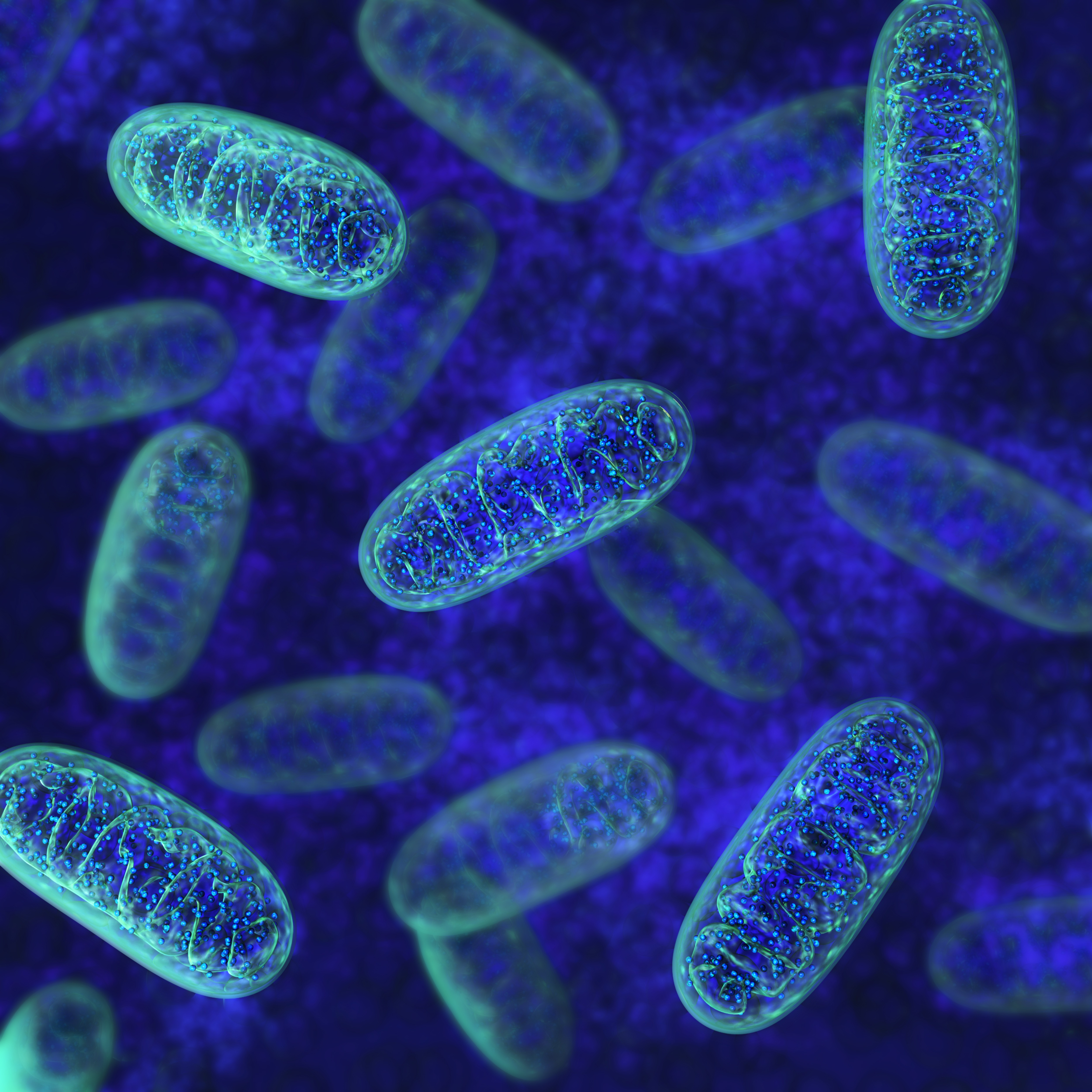Chondrial’s CTI-1601, a Potential Therapy for FA, Granted Orphan Drug Status by FDA

Chondrial Therapeutics‘ CTI-1601, an investigative therapy for Friedreich’s ataxia (FA), has been granted orphan drug status by the U.S. Food and Drug Administration (FDA).
“We are very pleased to receive orphan drug designation for CTI-1601. Our team is working to complete all Investigational New Drug (IND) enabling studies so that we can file an IND and begin human clinical trials,” Carole Ben-Maimon, MD, president and CEO of Chondrial Therapeutics, said in a press release.
The FDA’s IND application process is another step in a drug’s development. It gives a pharmaceutical company permission to ship an experimental drug across state lines before a marketing application has been approved.
Friedreich’s ataxia is caused by a deficiency of the frataxin protein, which is normally present in the mitochondria of all tissues. Chondrial’s CTI-1601 uses a carrier protein to deliver frataxin to the mitochondria, where the protein would mature and integrate in mitochondrial metabolism. By replenishing the levels of healthy frataxin, researchers hypothesize that FA patients’ symptoms may be minimized and disease progression may be halted.
FA is a genetic, progressive disease that affects multiple systems, including the nervous system and the heart. The disease usually begins in childhood. Patients generally present impaired muscle coordination that worsens over time. Cardiac complications may result in heart failure. Patients exhibit progressive impairments in speech, hearing, vision and sensory functions.
Friedreich’s ataxia is the most common form of hereditary ataxia. It is believed to affect about 1 in every 50,000 people in the U.S. The disease is caused by a mutation in the FXN gene, leading to the frataxin protein deficiency. Researchers believe that frataxin is critical in the assembly of iron-sulfur clusters in the cells, which are crucial to the proper functioning of many proteins, including some involved in energy production.
Orphan drugs are potential therapies for the treatment of rare diseases, or those affecting fewer than 200,000 people in the U.S. The FDA grants the designation if there is a medically plausible basis for using the drug.
The designation provides important incentives for drug development, including tax credits for clinical testing, exemption from a prescription drug user fee, and access to protocol assistance from the FDA.
Companies may also benefit from seven years of market exclusivity if the drug is approved by the FDA.







